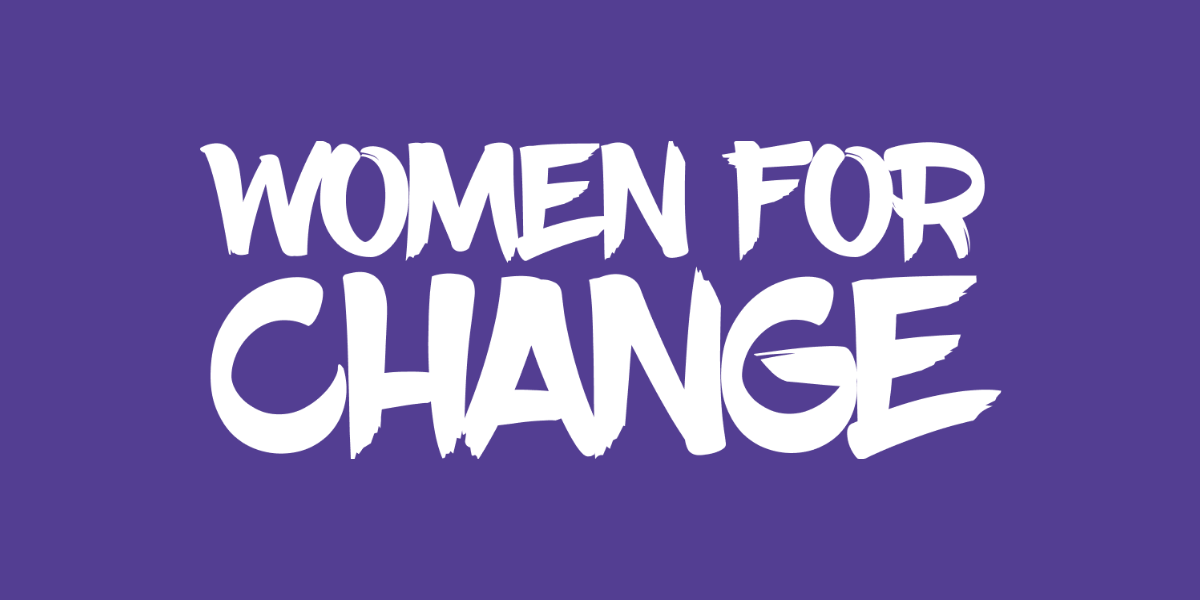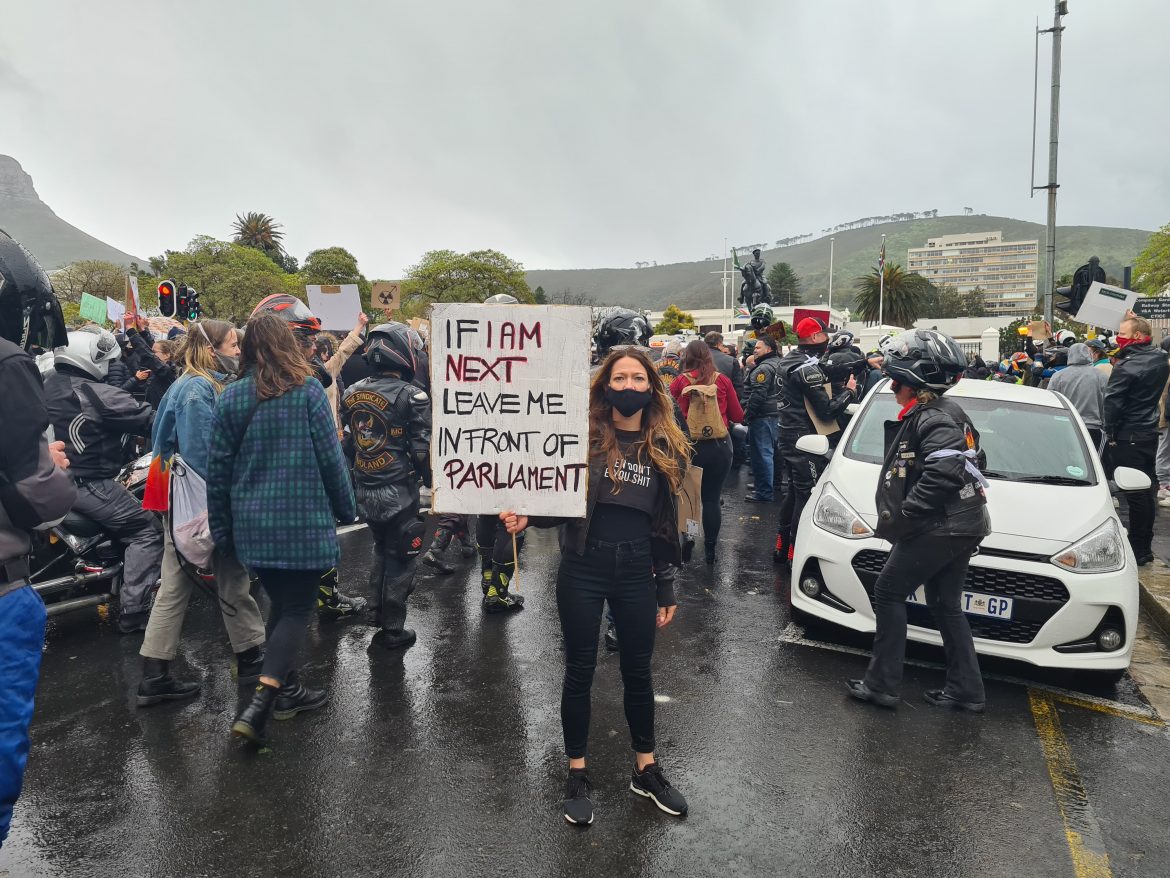Sabrina W is the faceless (by choice) leading lady of the phenomenal NGO, Women for Change SA. Many might know the page as the go-to resource for gender-based violence (GBV)-related news, but over the years it has gone from being a GBV page to a safety net and support system that so many of us need. I got to chat with Sabrina, the powerhouse behind the now NGO about her journey.

Image credit: supplied
Sabrina is originally from Germany but started her life in South Africa back in 2010. She has always had a passion for women and children and when she started living in South Africa, she realised how dire the femicide actually was. She compared her experience growing up in Germany versus her experience in SA: “I grew up in Germany, and experienced how it is to grow up in a safe environment. As a student, I took public transport at any given time of the day, of the night, wearing whatever I want. I don’t drink, but even if I would have been drinking alcohol, it wouldn’t matter. I was (most of the time) safe. So coming to South Africa, that definitely changed my perspective on what women have to go through.”
View this post on Instagram
Anni Dewani’s murder in 2010 was Sabrina’s first touchpoint to the violence against women that takes place all too often on the streets of South Africa. Now dubbed the “Honeymoon Murder”, as Anni came to celebrate her new marriage, it later came to light that her very own husband was accused of plotting her murder and of course, South Africa was the perfect place for it to play out as everyone, even killer mastermind’s on the other side of the world, knows that South Africa’s justice system is rigged against victims of sexual and violent crimes, making it their playground.
According to Geoff Hill for The Washington Times, fewer than one in 10 of the more than 23,000 murders committed annually across the country result in an arrest and conviction.
Sabrina went on to start Catch Me If You Can, a mobilisation of women runners who didn’t feel safe running on their own. Sabrina motivates:“Because being active, again – as a woman – you cannot run alone, you can’t hike alone. So we came up with the idea of placing different leaders, in different suburbs, and they would just run whenever they want to with a group of women and exercise together.” It became the largest all-woman running community in South Africa.
View this post on Instagram
Then in 2016, Franziska Blöchliger was brutally murdered and her body was left in the fynbos in Tokai Forest. “And that was one of the areas where I actually had a leader running, and they would run twice a week, the same route that Franz took. So when that incident happened, I got a call from my leader at this time, and she asked me if we could do something. I think in the space of four days, we came up with a talk event. We just called it Woman for Change,” explains Sabrina.
From the talk, Sabrina went on to research SA’s femicide, “and I actually found another case that just happened a couple of days before Franziska was murdered, the case of Sinoxolo Mavefuka, and she was killed in Khayelitsha, and there was almost no media attention to that. So we called for a memorial walk in Tokai Forest. I called for people to come together for all women and children who had been murdered. And we had about 4,000 people coming together, walking through that forest. And that was how Woman for Change was born,” asserts Sabrina.
Today, Women for Change continues to spread awareness on gender-based violence. Using social media as a tool to connect with survivors, the page has amassed more than 139 000 followers on Instagram alone. Women for Change has also managed to introduce victim support services that help survivors with the tools and resources they need to navigate these traumatic experiences.
View this post on Instagram
For the most part, Women for Change has been solely run by Sabrina, with a couple of volunteers on her side, but Sabrina and the Women for Change organisation is in need of financial support so that she can expand her team. In speaking with her, she is adamant that she does not want the organisation run by volunteers and that paying people peanuts is a form of re-traumatizing skilled workers.
Women for Change has released an urgent plea to businesses and corporations to donate and help fight the good fight to end gender-based violence in South Africa. Without it, the organisation might be forced to cease operations entirely by the end of 2024.
If you can assist on a corporate level, get in touch by emailing [email protected]. Individuals can also donate to Women for Change using bank transfers, and multiple other payment methods. You can also support the Backabuddy campaign, which so far has only garnered 14% of its goal towards raising R800 000. If you donate, you can also get the Section 18A certificate for tax rebate.
Let’s work together to assist Sabrina and her team at Women for Change to continue being a safe space for women and children all around SA. Until femicide in SA is something of the past, these are the services and organisations we need to keep us alive, literally.
ALSO SEE:
Feature image: supplied

